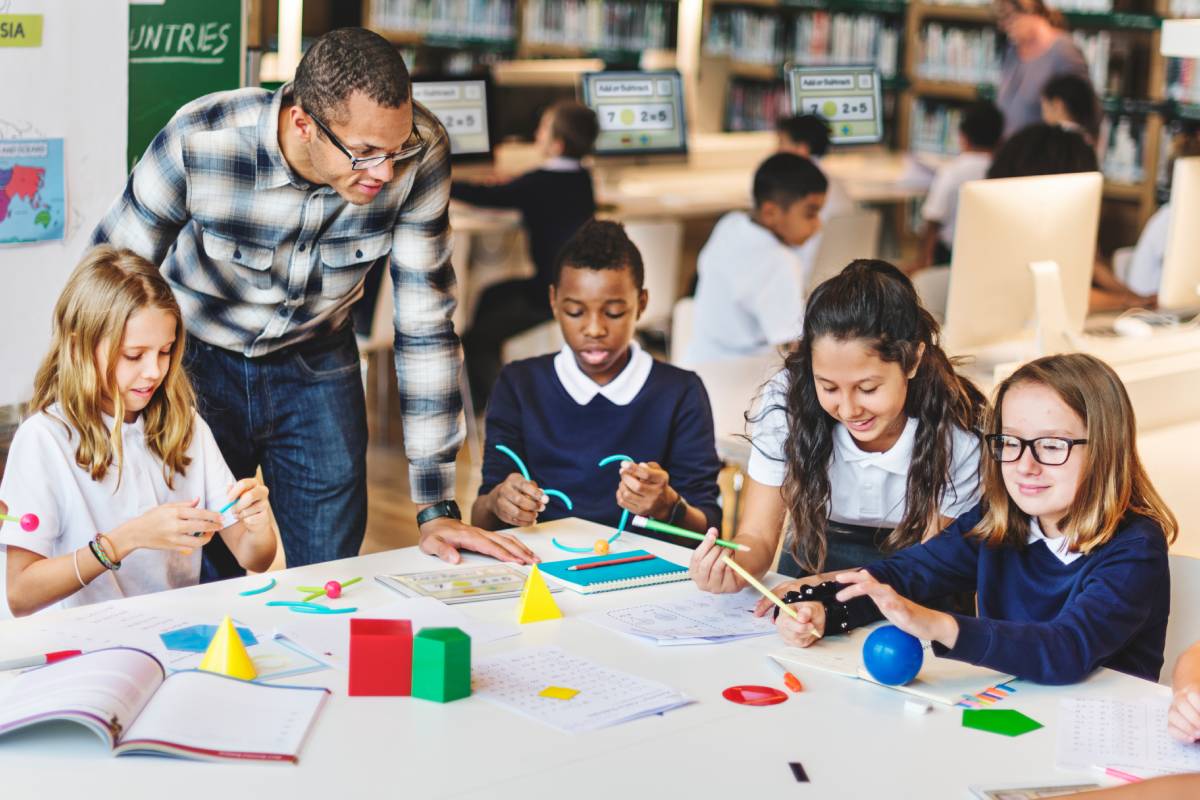Over the last few years, there has been an enormous paradigm shift on how observations can add value to improving teaching. The movement from grading observations to using them as a tool for development is crucial to ensuring feedback has a positive effect.
However, one of the barriers to optimising the observation process is the lack of training for school leaders to get the most out of observations.
Observation Training in Schools
School leaders rarely receive any formal training in how to carry out effective observations.
Most leaders will repeat the experiences they received as a teacher, which can lead to outdated practices that have no real benefit to teacher development.
Feedback is an essential aspect of observation that, done well, can support teachers in making improvements. Poor feedback can crush a teacher’s self-esteem without any channel to help them grow.
Different Contexts for Observations of Teaching
Everyone in teaching is aware of the formal observations carried out during an Ofsted inspection, and it is welcomed that individual gradings are no longer given as they are seen as part of a broader judgement process.
Schools are left to decide how to use observations to improve teaching. Situations range from recruitment interviews, appraisal observations, formal and informal observations by SLT and peer observations.
One thing they all have in common is that their value depends entirely on the observer’s skills.
How to Improve Observations in Schools
Like many things in education, setting out expectations is the most critical element of establishing an observation process that will benefit teachers and learners.
Naturally, it is training that will deliver the results a school has set out for their use of observations. Providing valuable training is the first step to improving the quality of observations for observers and those being observed.
Establishing the purpose of observations is a crucial stage in delivering better results. A move from measuring performance to developing skills is the best way to see an improvement in teaching.
Using Observations as Coaching
Quality observations should not be about grading a lesson. A grade may well indicate performance, but it is constrained to the short period that has been observed and may not provide an accurate reflection of a teacher’s whole performance.
Viewing observations as a coaching opportunity is far more likely to achieve results in improving teaching performances across the school. It removes judgement and focuses on elements that can be enhanced, and identifies training ideas.
Success is more achievable if rigorous processes are in place to assist leaders in focusing and providing accurate and helpful feedback.
Encouraging leaders to participate in the planning and evaluating of a lesson will provide a far more comprehensive picture of teaching and learning than simply observing a part of a lesson. Recording teaching to consider together can be another helpful tool.
Many teachers express the pressures they feel about being observed, which has become a hot topic in relation to workplace stress in schools, as discussed by Damien Page. It is far too often seen as a way of providing negative evidence for capability rather than a positive feedback tool.
It can only be a good thing for school leaders to develop an observation culture that works to support teachers rather than spy on them.



